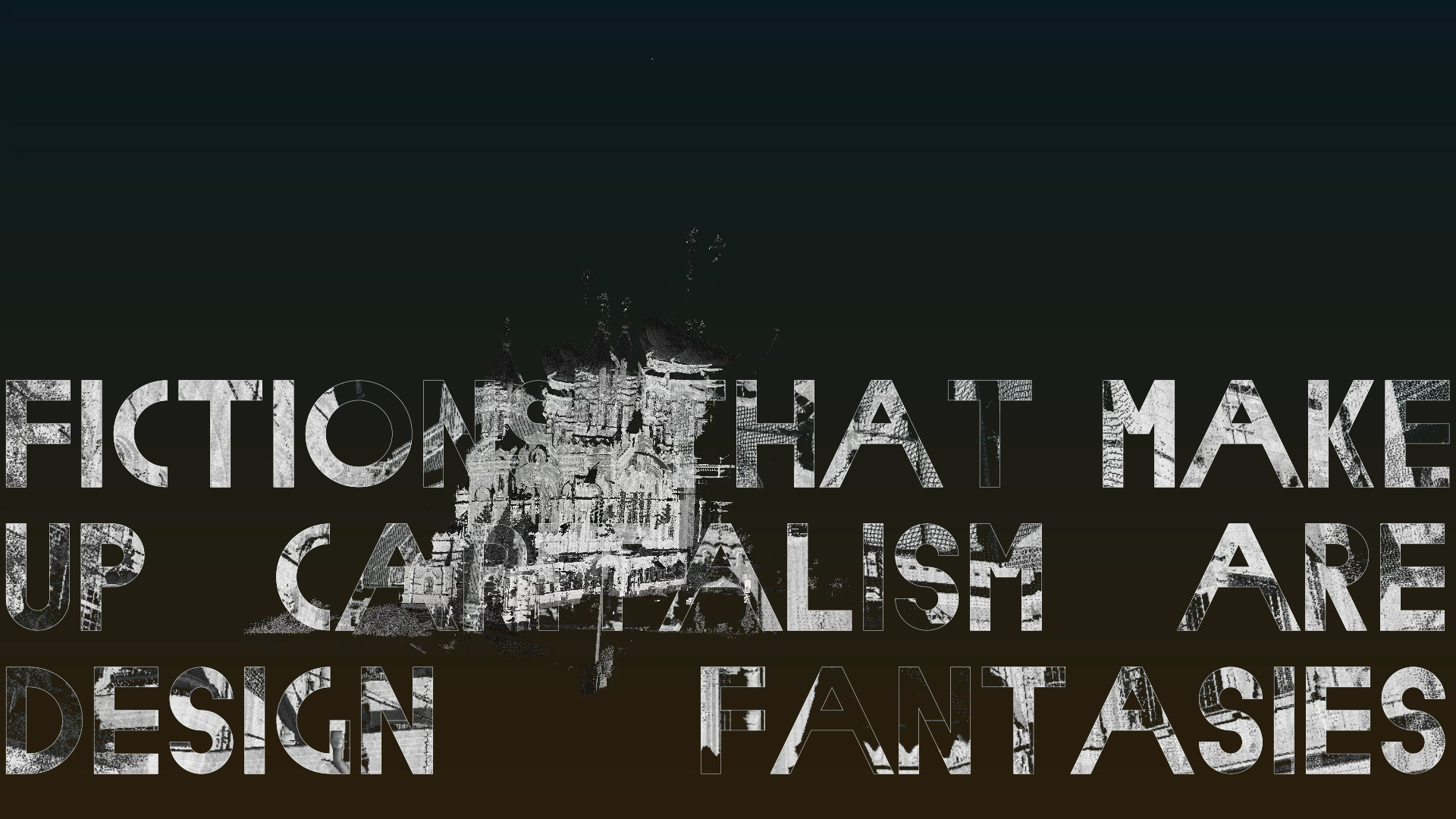Bahar Noorizadeh
May 2, 3 & 5, 2022
4:30–7:00 PM (Beirut time/GMT+3)
This seminar will be held online
REGISTRATION IS NOW CLOSED
What are the affordances of art in envisioning a life beyond financialization?
Art and finance hold a complex relationship. Financialization is a prevalent factor shaping the cultural sector today. The normalization of economic illiquidity in the art world stands in the way of solidarities among art workers to respond to its complicity with the capitalization of cities and its effects on their own social habitat and environment. At the same time, the generation of speculative value drives both regimes of art and finance.
Given this historical synergy, can the art system become a testing ground to examine new methods for cooperation in a financialized life? If art is a primary domain for reputational risk and value, what collective experiments could be made with this prestige economy to gain traction against the atomizing speculative activity of capital? What means are required to liquidate and redistribute art’s moral and critical value?
The artistic space, characteristically, lends itself to expanded inquiries: What is to be gained from contingent histories of cybernetic socialist planning? And how does it stand with the impulse towards decentralized and regenerative finance and Web3 digital tribes today? In which ways can biological processes and ecological economies change the landscape of capitalism? How to cash in on the backward-moving time of finance where the future arrives before the present, and to take charge of our future commons? How to dissect the economic subject, agent, and instrument, previously compressed into the figure of homo economicus? What can be learned from historical precedents of common-based economies beyond the Global North, and to what magnitude can we scale these scenarios?
Economy—from the combination of the Greek words oikos and nomos—refers to the management of the household. Freud’s concept of the unheimlich is not alien to the economy in this regard if we dispose of its poor English translation—the Uncanny—in favor of the more fitting, the Unhomely. “Weirding” intends to designate such unhomely governances of the household. Weirding is the operative modality of art: If our anthropomorphic vision today is skewed towards the interior of these familiar—and familial—edifices, which visualizing organisms and what modes of observation can help us view these unhomely economies externally?
This seminar is organized into three sections: A review of economic and financial theory and history, a discussion of strategies for financial activism in art and beyond, and a practice-based research exercise to locate weird economies in our surrounding ecologies.
Day 1:
Speculation in Practice:
Why think about the economy artistically?
Economy, Cybernetics, Finance: A brief history of speculation
From Worker to Stakeholder Activism: Doing politics in the age of finance
Case studies: A selective overview of investee strategies and financial activism from different geographies
Day 2:
Technologies of Speculation:
Conversation with Maan Abu Taleb, Founding Editor of Ma3azef: The music industry, the NFT outbreak and proposals for alternative redistributive and regenerative practices in culture and beyond
Day 3:
Counter-speculative Polity:
Case-Study: The Lebanese banking crisis and the question of financial activism in Lebanon, in conversation with economist Nisreen Salti
Group exercise: The financialized Sovereign: Locating strategies for resisting the supremacy of state investors and speculative agents in the state-financial complex
Bahar Noorizadeh is an artist, writer, and filmmaker. Her research examines the historical advance of speculative activity and its derivative politics in art, urban life, finance, and philosophy. Noorizadeh is the founder of Weird Economies, an online art platform that traces economic imaginaries extraordinary to financial arrangements of our time. Her work has appeared at the German Pavilion, Venice Architecture Biennial 2021, Tate Modern Artists’ Cinema Program, Transmediale Festival, DIS Art platform, Berlinale Forum Expanded, and Geneva Biennale of Moving Images, among others. Noorizadeh has contributed essays to e-flux Architecture, Journal of Visual Culture, and to anthologies from Sternberg Press and Duke University Press (forthcoming). She is pursuing her work as a PhD candidate in Art at Goldsmiths, University of London where she holds a SSHRC Doctoral Fellowship.









